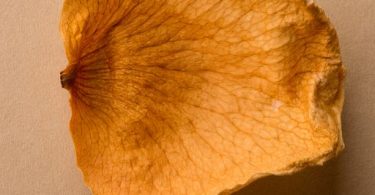In the same person, one often observes differences between the chronological age, which corresponds to the years that accumulate, and the biological age, which corresponds to the degree of vitality of the structures and functionalities of the organism.
Managing certain unknown factors unknown to aging, such as glycation, will help improve the control of biological age.
The chronological and biological ages are influenced by 3 main types of factors:
– Intrinsic factors, essentially of genetic origin that we can not act on.
– Extrinsic factors, related to behaviors and ways of life.
– Biochemical factors related to the transformation process of living substances in the body.
Acting on chronological aging is an abstract concept. Tackling biological aging is in fact the main strategy of anti-aging medicine.
The control of extrinsic factors has considerably improved the quality of life and life expectancy in recent decades.
But the stagnation of life expectancy observed recently and, more importantly, the decline in life expectancy in good health observed in France (1), suggest that we have reached a kind of glass ceiling in terms of aging.
Biochemical factors such as oxidation, caloric stress, glycation and AGEs, action of telomeres … are now the main lines of research
Biochemical factors such as oxidation, caloric stress, glycation and AGEs, action of telomeres … are now the main lines of research to take a new step in the fight against aging.
In this sense, the recent discovery of the deglycating properties of certain molecules is a major step forward in taking control of biological aging.
✅ [AGE BREAKER SKIN HEALTH, patented nutritional supplement, recognized by aging specialists around the world for its properties to reverse the effects of glycation.]
More on www.agebreaker.com
(1): J.-M. Robine and Al: Disability-free life expectancy in France in 2015 and changes over time since 2004: Impact on the decrease in life expectancy observed in 2015. Laboratoire mécanismes moléculaires dans les démences neurodégénératives, Inserm/University of Montpellier/EPHE, Montpellier, France, 07 2017.









